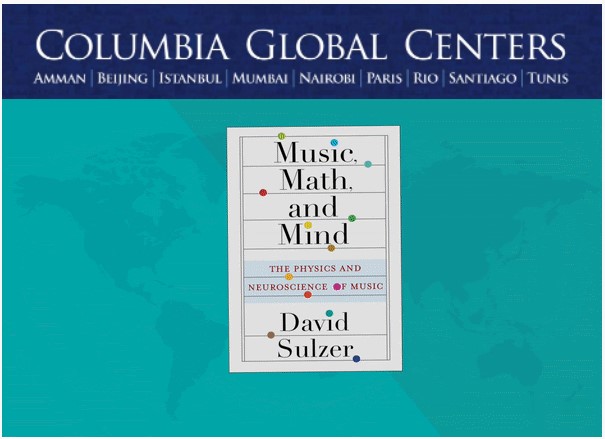|
Why does a clarinet play at lower pitches than a flute? What does it mean for sounds to be in or out of tune? How are emotions carried by music? Do other animals perceive sound like we do? How might a musician use math to come up with new ideas?
This book offers a lively exploration of the mathematics, physics, and neuroscience that underlie music in a way that readers without scientific background can follow. David Sulzer, also known in the musical world as Dave Soldier, explains why the perception of music encompasses the physics of sound, the functions of the ear and deep-brain auditory pathways, and the physiology of emotion. He delves into topics such as the math by which musical scales, rhythms, tuning, and harmonies are derived, from the days of Pythagoras to technological manipulation of sound waves. Sulzer ranges from styles from around the world to canonical composers to hip-hop, the history of experimental music, and animal sound by songbirds, cetaceans, bats, and insects. He makes accessible a vast range of material, helping readers discover the universal principles behind the music they find meaningful.
Written for musicians and music lovers with any level of science and math proficiency, including none, Music, Math, and Mind demystifies how music works while testifying to its beauty and wonder.
| David Sulze is a professor in the Departments of Psychiatry, Neurology, and Pharmacology at Columbia University Medical Center. His laboratory has made important contributions to the study of brain mechanisms involved in autism, Parkinson’s disease, drug addiction, and learning and memory. He is also a composer and performer. Some of his projects bridge music and neuroscience, including the Thai Elephant Orchestra, an orchestra of fourteen elephants in northern Thailand, and the Brainwave Music Project, which uses EEGs of brain activity to create compositions. |
|
|
| Corinna da Fonseca-Wollheim is an award-winning music critic and cultural entrepreneur dedicated to helping people become better listeners. From 2012-2021, she was a contributing classical music critic to the New York Times. Corinna is the recipient of the 2021 Virgil Thomson Award for Outstanding Criticism and a 2018 residency at the American Academy in Rome. In 2019, she founded Beginner’s Ear, a program of transformative listening experiences, which has brought live music meditations to diverse audiences and spaces, including a yoga loft, a sunken garden, a federal detention center, a dance studio, an independent high school, as well as more traditional music venues. |
|
|
| Safwan M. Masri is Professor and Executive Vice President for Global Centers and Global Development at Columbia University. He is also a Senior Research Scholar at Columbia’s School of International and Public Affairs. Masri is the author of Tunisia: An Arab Anomaly (Columbia University Press, 2017). He served as Vice Dean of Columbia Business School from 1993 to 2006. Masri is a lifetime member of the Council on Foreign Relations and an honorary fellow of the Foreign Policy Association. |
|
|
| Copies of the book may be purchased here. |
|
|
|
|
|




